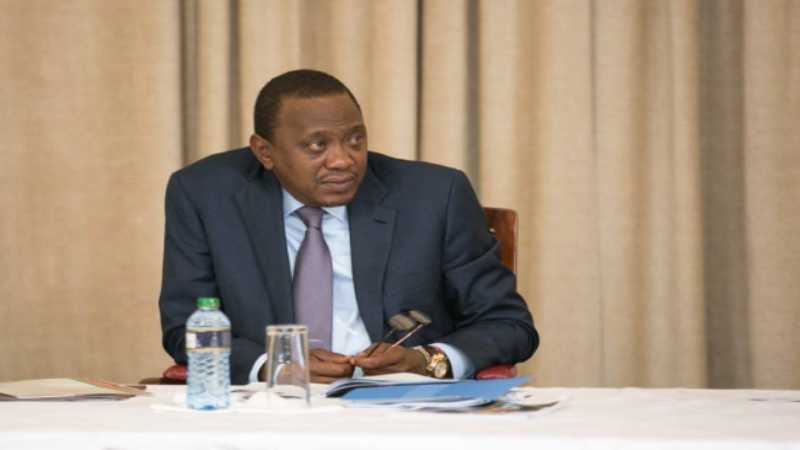×
The Standard e-Paper
Join Thousands Daily

NAIROBI,KENYA: The Government is set to launch construction of 30,000 low cost houses in Nairobi's Eastlands area, as the ‘Big Four’ agenda takes shape.
The low cost project targets to putting up 5,000 houses in Shauri Moyo, 20,000 houses in Makongeni, 3,000 houses in Starehe and 2,000 units in Park Road estates.